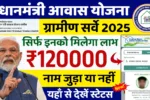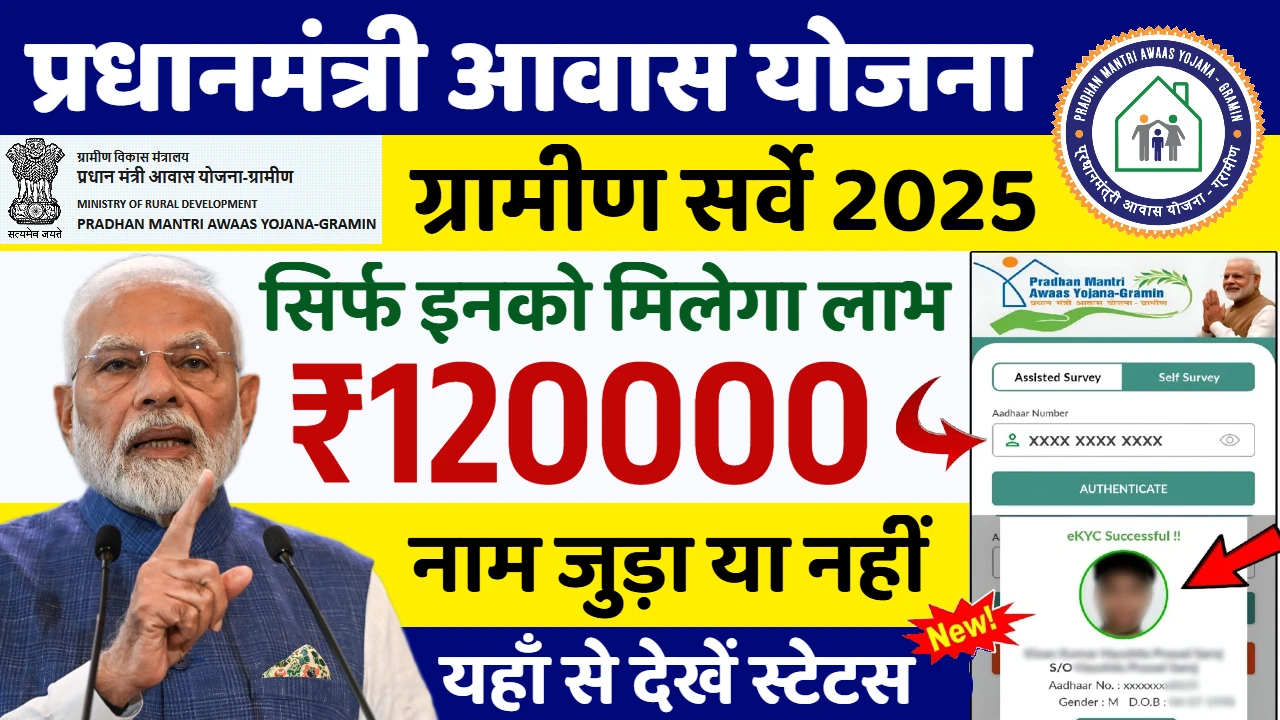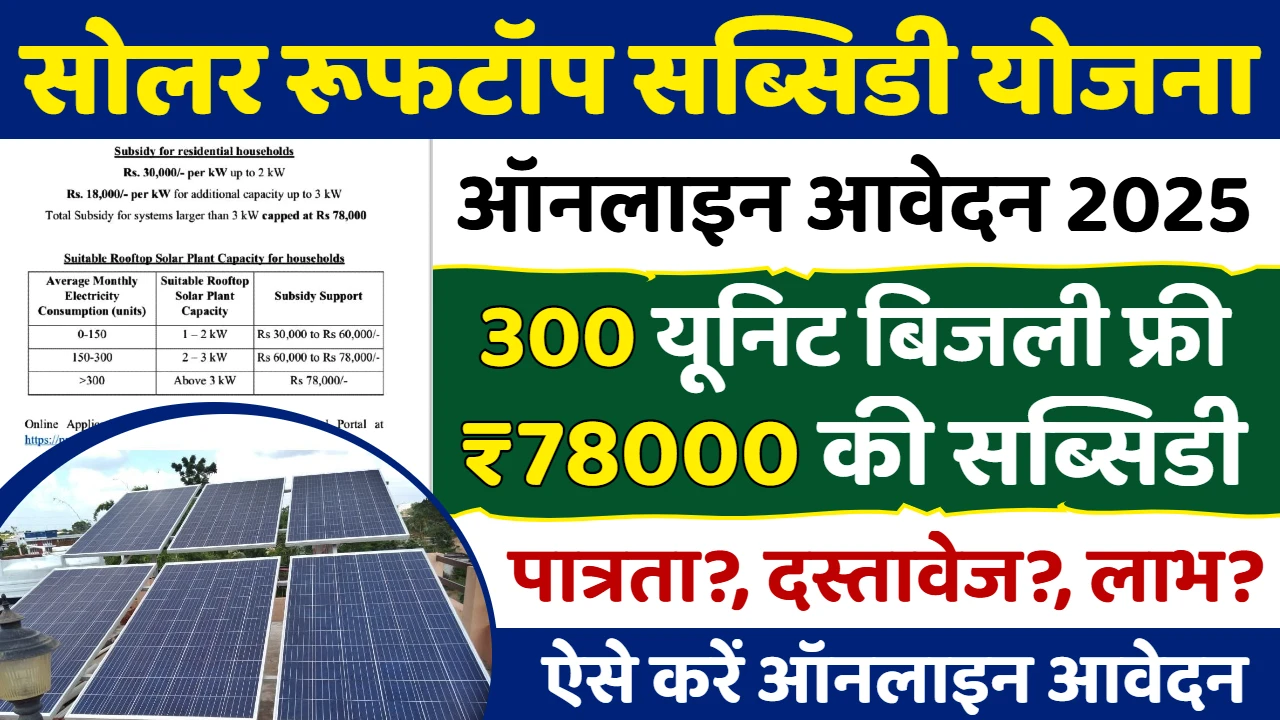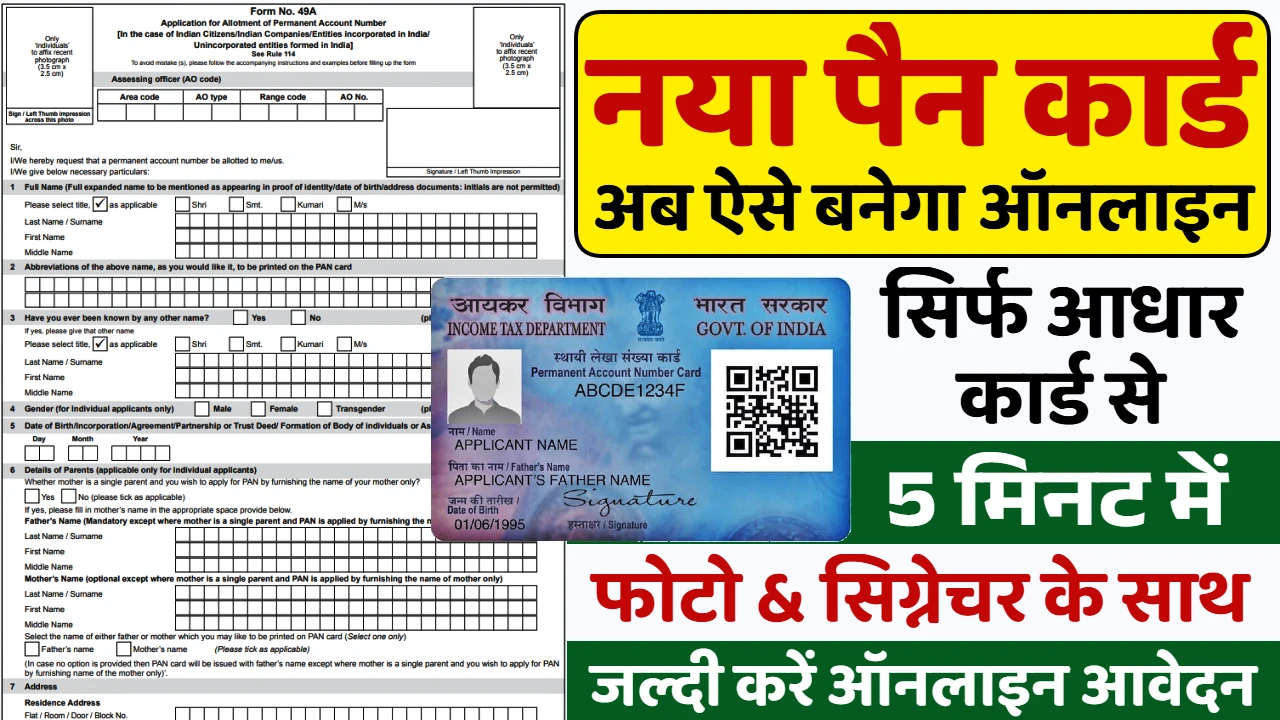Income Tax Rule : In today’s time, almost every person has one or more savings accounts where they keep their hard-earned money safe. But many people are not aware that the transactions in their bank account are monitored by the government and the Income Tax Department. Especially when you deposit or withdraw a large amount of money in your account, it may come under the radar of the Income Tax Department.
This monitoring system has been created to stop the flow of black money and curb tax evasion. Although this is a legitimate system, it is important for common citizens to be fully aware of these rules so that they do not get into any unnecessary trouble.
Limits prescribed under the Income Tax Act
According to section 269ST of the Income Tax Act, no person can transact more than Rs 2 lakh in cash in a day. This rule applies to both business and personal transactions. Additionally, if a person deposits more than Rs 10 lakh in his savings account in a financial year, the bank informs the Income Tax Department about it.
This reporting system is automated and does not involve any discretion on the part of bank employees. Whether you have mentioned it in your income tax return or not, this information reaches the Income Tax Department directly. Hence, it is important that you keep proper records of all your transactions.
Information and documents required by the bank
When a person deposits cash of fifty thousand rupees or more in a day, the bank asks him for the PAN card number. If the person does not have a PAN card, he has to fill Form 60 or 61. This process is followed so that every big transaction can be identified and any suspicious activity can be monitored.
Banks are legally mandated to report specific types of transactions to the Income Tax Department. These include deposits of more than ten lakh rupees on an annual basis, cash transactions of more than two lakh rupees in a day and cash deposits of more than fifty thousand rupees. All this information is reflected in the annual information statement which is available on the taxpayer’s tax portal.
What to do if you receive a notice from the Income Tax Department
Many times people suddenly get a large amount of money deposited in their account. This could be due to sale of property, business payment, family assistance or maturity of an investment. If the details of this amount are not included in your income tax return, you may receive a notice from the Income Tax Department.
There is absolutely no need to panic in such a situation. First of all, reply to the notice within the stipulated time limit. Keep all your relevant documents ready like bank statements, proof of investment, property papers and proof of source of income. If the matter is complicated, it would be advisable to take the help of a chartered accountant or tax consultant.
Preventive measures and precautions
There are some simple measures that can be taken to avoid the notice of the Income Tax Department. First of all, keep proper records of all your major transactions and keep documents that clearly show their source. File your income tax return on time and give correct information about interest income from savings account and other important transactions in it.
As much as possible, avoid large cash transactions and use digital means. Keep checking your Annual Information Statement and Form 26AS regularly to ensure that the information sent by the bank is correct. If you notice any discrepancy, contact the bank immediately and get it rectified.
There is nothing wrong in keeping money in a savings account, but it is important to understand the income tax rules associated with it. With the right information and careful transactions, you can avoid any kind of tax-related problems. Always remember that transparency and honesty is the best policy.
Disclaimer: This article is written for general information purposes only. Income tax rules may change from time to time. It is necessary to seek advice from a qualified tax advisor or chartered accountant for any personal tax matter.










